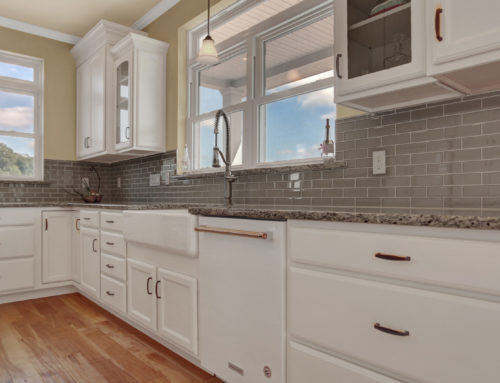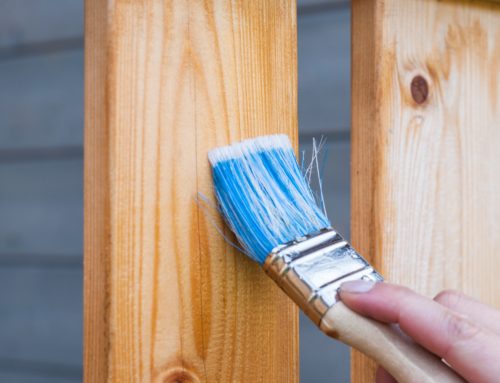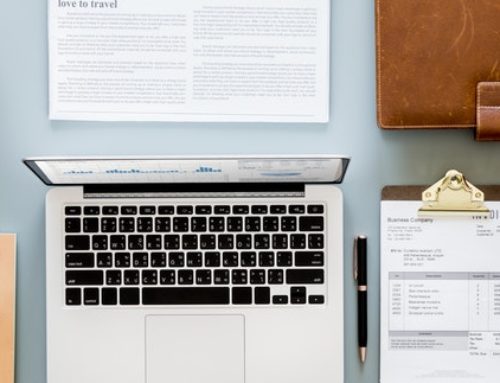Reprinted from NAHB.org with permission of the National Association of Home Builders®.
Follow these tips to stay comfortable and keep your home heating costs down during the winter weather.
Adjusting the Thermostat
You can keep your house comfortable and save energy by strategically adjusting your thermostat. Consider installing a programmable thermostat, which allows you to easily to set a schedule to maximize your savings.
According to the U.S. Department of Energy, you can save as much as 1% on your fuel bill for each eight hours you set the thermostat back one degree. That means that if you set your thermostat back each night from 70° to 65° while you sleep, you could add a blanket to your bed and save as much as 5% on your heating costs.
Or, if your family is out of the house at work or school during the day, keeping the house 10° or even as much as 15° lower when no one is home could result in significant savings.
Reducing Air Leaks
By sealing air leaks in a home, an average household can cut 10% of its monthly energy bill.
- Use caulk to seal any cracks or small openings on non-moving surfaces, such as where window frames meet the house structure.
- Check the weatherstripping in exterior door frames and replace any that is deteriorated or cracked.
- Inspect utility cut-throughs for pipes (plumping penetrations), gaps around chimneys and recessed lights in insulated ceilings, and unfinished spaces behind cupboards and closets. You can buy material that expands to fill the gaps and keep air from flowing through.
- Examine ductwork for splits or gaps that have developed in the ducts. If your home is heated by forced air, examine the ductwork and use duct sealant or metal-backed tape on any leaks.
- Check registers and grills to make sure they are tightly sealed to ducts.
Calling in the Experts
If you want to learn even more about how to manage the specific energy consumption of your home, consider hiring a professional energy auditor to evaluate your home and identify all the inefficiencies. The long-term energy savings of your home should more than make up for the initial cost of the audit.
The energy expert will show you how low-cost improvements can improve your home’s efficiency. And, the audit may suggest more expensive improvements, such as upgrading to energy-efficient appliances and high performance windows to help improve your heating bills.
For more home heating tips and information, visit the U.S. Department of Energy at Energy.gov.











